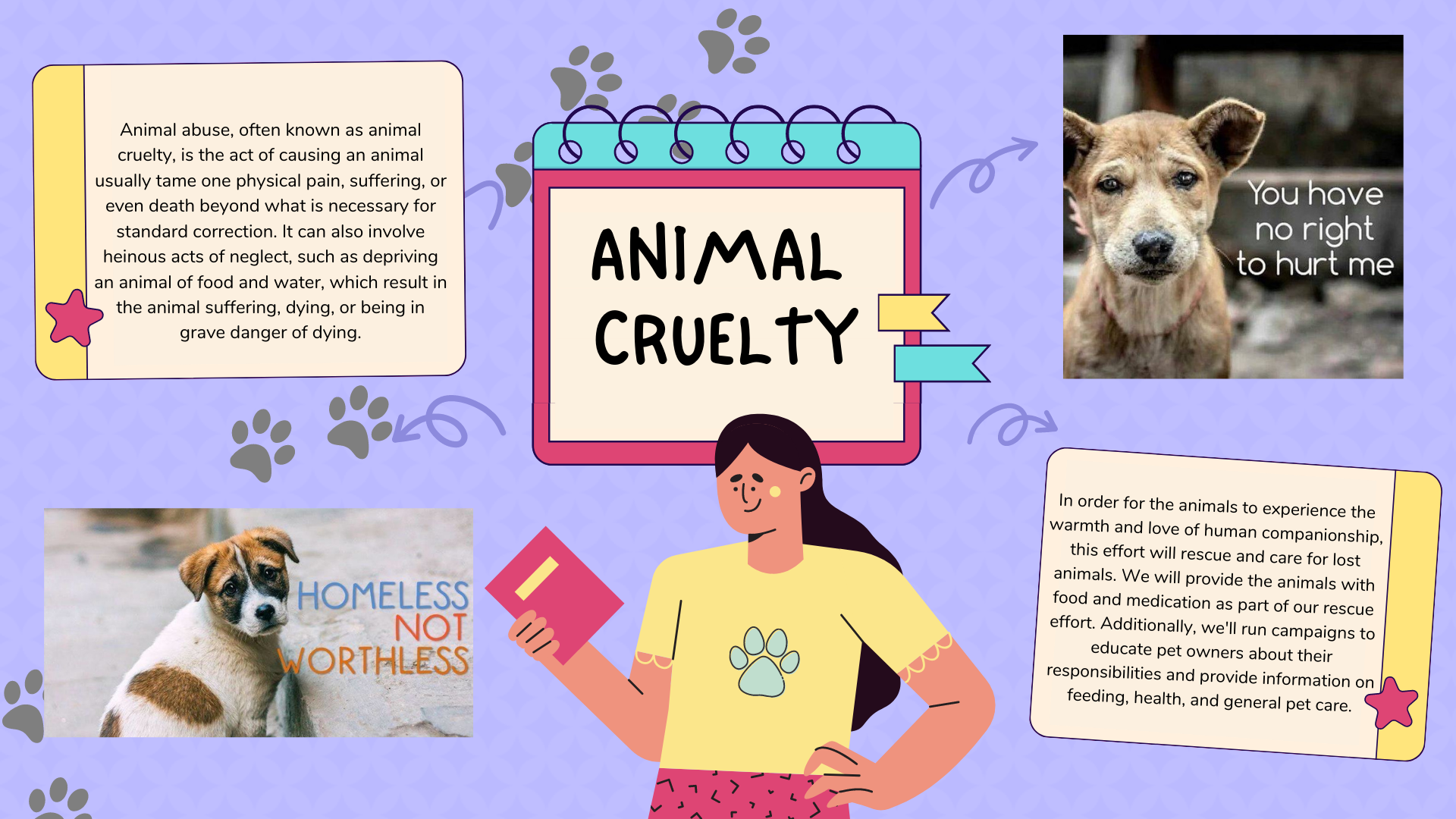In a world increasingly concerned about animal welfare, accusations of animal cruelty can arise with alarming frequency. While advocating for the protection of animals is noble, false accusations can have serious repercussions for individuals and communities alike. How should one respond when faced with such allegations? This inquiry not only stirs the mind but also presents an intriguing challenge: How do we protect innocent lives while ensuring that genuine cases of animal cruelty are taken seriously?
Understanding the implications of false accusations is paramount. When allegations surface, they can lead to social stigma, emotional distress, and potentially, legal repercussions. The gravity of these accusations warrants a well-considered response. It becomes imperative to approach the situation with a level-headed demeanor, emphasizing the primacy of due process and fairness.
1. Acknowledge the Situation Calmly
Initially, it is crucial to acknowledge the situation without resorting to defensive or aggressive tactics. Take a moment to collect your thoughts. When allegations are leveled, they often come from a place of concern or misunderstanding. A response rooted in calmness can de-escalate tensions. Responding with anger may worsen an already delicate situation and could reinforce the accuser’s negative perceptions.
Engaging in open dialogue shows that you are willing to listen. Listen to the specific concerns raised and ask questions for clarification. For instance, instead of assuming malicious intent, inquire what led the individual to believe that an act of cruelty occurred. This initial step of communication can create a pathway to resolution.
2. Gather Evidence Relating to the Accusations
Once you’ve engaged in dialogue, it’s time to gather evidence. Documenting the context of the accusation can be pivotal. This includes collecting witness statements, photographs of the animal in question, veterinary records, and any communications that clarify the situation. Evidence serves not just as a defense, but also as a means to combat misinformation. Focusing on factual elements helps to construct a narrative grounded in reality.
If you’re running an animal care facility or similar environment, keep meticulous records of animal care practices. Documentation can provide a robust defense in the event of unfounded allegations, showcasing compliance with standards of care and well-being.
3. Maintain Transparency
Transparency is an invaluable tool when addressing false accusations. Whether it involves sharing information about how animals are cared for or the protocols in place that ensure their well-being, openness fosters trust. If appropriate, consider establishing an information hub, such as a website or social media page, to provide updates about animal care practices and community engagement. Transparency demonstrates accountability, which can help dispel false narratives.
Consider organizing community events where animal care practices are demonstrated firsthand. Inviting community members to witness your work fosters relationships, dispelling myths and preconceptions about animal handling. Engaging with the public in a positive setting can go a long way in nurturing goodwill and transparency.
4. Seek Legal Counsel if Necessary
If the situation escalates or appears likely to result in adverse legal action, consulting a legal professional is wise. An attorney experienced in animal law can provide guidance on how to navigate accusations, ensuring that your rights are protected. Legal experts can also assist in drafting formal responses that maintain professionalism while addressing the allegations. Always remember that the implications of animal cruelty accusations are serious; never underestimate the benefits of informed legal counsel.
5. Engage with Animal Welfare Organizations
Collaboration with animal welfare organizations can bolster your credibility. These organizations often provide resources, support, and legal advocacy for those who have been unjustly accused. They may also assist in voicing your perspective through proper channels. A unified front not only presents strength but also establishes a network that prioritizes humane treatment for all animals. These organizations can help educate others about animal care standards and promote awareness of how to identify real instances of animal cruelty.
Furthermore, circulating educational materials can guide the community in understanding the differences between responsible animal care and neglect or abuse. This proactive measure may prevent future misunderstandings, acting as a deterrent against future false allegations.
6. Cultivate Empathy and Understanding
While protecting oneself is essential, cultivating empathy is vital for fostering better communication. Understand that many individuals who report suspected cruelty do so out of genuine concern. Instead of viewing them as adversaries, consider the possibility that they may not have all the facts. Engaging with empathy while explaining your situation can lead to a more productive conversation. A straightforward discussion about animal care, behaviors, and needs may lead to greater understanding on both sides.
7. Prepare for Future Challenges
Being prepared for potential future challenges is essential when navigating false accusations. Continually assess and improve animal care practices to minimize the risk of misunderstandings arising. Regular training for staff and volunteers can ensure everyone is well-informed about humane practices. Establish contingency plans to address potential situations involving accusations, ensuring that all involved can respond effectively.
Understanding how to respond to false accusations of animal cruelty is all about balancing assertiveness with empathy. In a world where animal welfare is a pressing issue, ensuring that innocent individuals are not unjustly vilified is equally important as advocating for animals. By approaching these situations thoughtfully, collecting evidence, maintaining transparency, and engaging with the community, it is possible to foster dialogue that benefits all parties involved—both human and animal alike.








